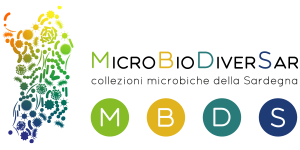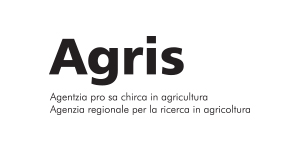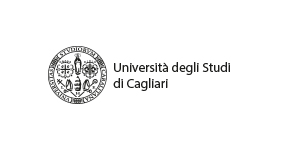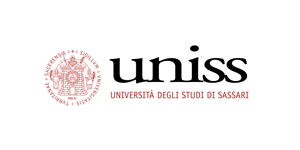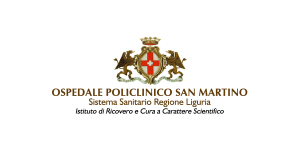UNICA DMSPH – University of Cagliari, Dept of Medical Sciences and Public Health

The University of Cagliari is a state University founded by Philip III of Spain in 1620. The progressive growth of the university has led to the current configuration in 6 faculties and 15 departments, which constitute the operational core of the university organization in charge of the achievement of the primary objectives: research and teaching, at the service of the high need for innovation required by today’s knowledge society. With almost 23,000 students enrolled, 38 undergraduate courses, 37 master courses and 6 single-cycle master’s degrees, 35 specialization schools, 15 PhD courses, the University of Cagliari ensures an important contribution for higher education of young people who choose to study in Cagliari and for the entire island community.
The Department of Medical Sciences and Public Health (DMSPH), endowed with managerial and administrative autonomy, promotes and coordinates research activities in the area of the related disciplines, organizing the relative structures, in full respect of the freedom of research and teaching guaranteed by current regulations; contributes, to the didactic activity of Graduate and Undergraduate Courses and Specialization Schools; collaborates with the organizations interested in promoting professional requalification, for the formation of professional profiles of high specialization; carries out research programs as well as consultancy and research activities on contracts or conventions.
The Applied Hygiene Unit of the Department of Medical Sciences and Public Health consists of 3 research laboratories (food hygiene, applied mycology, molecular biology), a microscopy laboratory and a service laboratory, equipped with modern scientific equipment for carrying out applied research in the field of food hygiene, applied hygiene, molecular biology.
The research group is composed by the scientific coordinator, Prof. Sofia Cosentino, Prof. Maria Barbara Pisano and two researchers, Dr. Maria Elisabetta Fadda and Dr. Maura Deplano.
For several years, a large part of the research activity of the Applied Hygiene Unit has focused on the study of the microbiological characteristics of artisanal dairy products and in particular on the characterization of microbial groups of dairy interest (lactic bacteria and yeasts) for the selection of microbial strains with functional properties of technological and probiotic interest. In particular, the Applied Hygiene Unit has achieved considerable experience in the field of isolation and characterization, by traditional and molecular techniques, of microorganisms of food interest (pathogenic, alterative and pro-technological).
The research activities and related expertise cover:
- the study of the microbiota of food, with particular reference to dairy products, using traditional and molecular methods;
- the study of the microbiological characteristics of sheep and goat milk and derived products;
- microbiological and hygienic control of food production, storage and distribution cycles, with particular reference to the dairy sector;
- the sanitary impact of new production technologies;
- the identification of useful parameters for the characterization, conservation and valorization of typical Sardinian foods;
- the study of the biodiversity and probiotic properties of autochthonous microbial strains, in particular lactic acid bacteria and yeasts, to be used for the qualitative improvement of typical products.
The research has been the subject of numerous publications in national and international journals and presented at national and international conferences.
The UNICA-DMSPH microbial collection was started in the early nineties (at the Hygiene section of the Department of Experimental Biology, then transferred to the Department of Public Health and Clinical and Molecular Medicine, and finally from 2016 to the current Department of Medical Sciences and Public Health) and consists mainly of lactic acid bacteria and yeasts isolated from sheep and goat milk and cheese, cow’s milk, ricotta, kefir, but isolates from other matrices are also present, such as mustard, meat and fermented meat products, mussels. The collection consists of about 1000 frozen (-80 ° C) isolates, partly included in the database published on this site, partly in a filing system for the laboratory use only.
Key persons for the microbial collection:
- Prof Sofia Cosentino
scosenti@unica.it - Prof M. Barbara Pisano
barbara.pisano@unica.it - Dr M. Elisabetta Fadda
mefadda@unica.it - Dr Maura Deplano
mdeplano@unica.it
